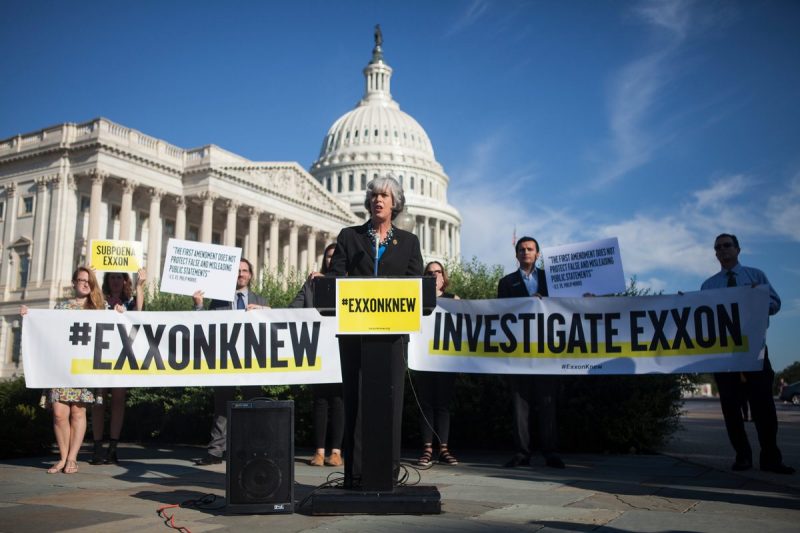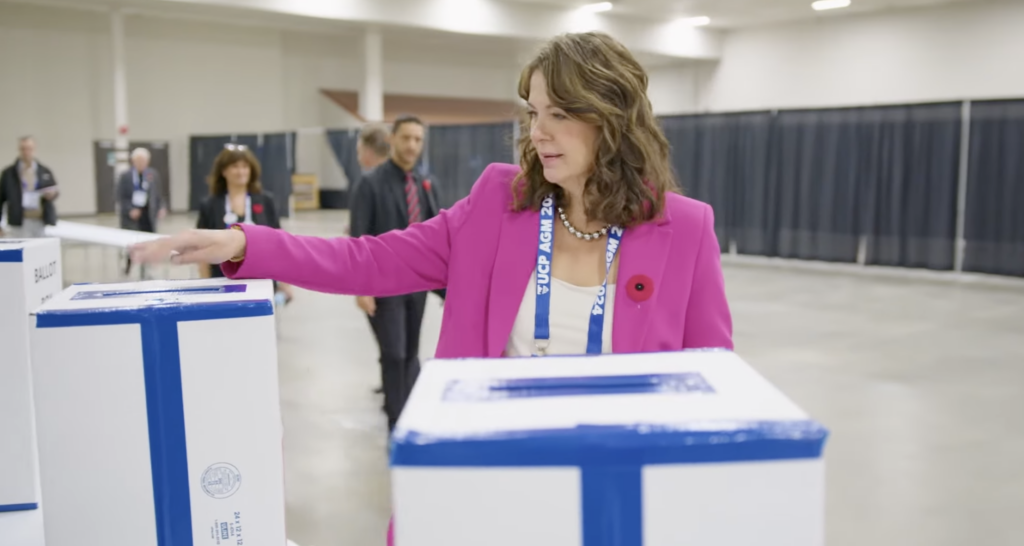A breakthrough study from Harvard unearths the extent Exxon has gone to in order to destroy the public’s trust in climate change science.
Last week, Harvard University researchers Geoffrey Supran and Naomi Oreskes (of Merchants of Doubt fame) published the first peer-reviewed study comparing ExxonMobil’s internal and external communications on climate change.
The abstract of the Supran and Oreskes study shows that ExxonMobil’s own scientists and executives had a much sharper understanding of climate science than the company told the public (emphasis added):
“Accounting for expressions of reasonable doubt, 83 percent of peer-reviewed papers and 80 percent of internal documents acknowledge that climate change is real and human-caused, yet only 12 percent of advertorials do so, with 81 percent instead expressing doubt. We conclude that ExxonMobil contributed to advancing climate science — by way of its scientists’ academic publications — but promoted doubt about it in advertorials. Given this discrepancy, we conclude that ExxonMobil misled the public.”
As the Harvard authors credit, the advertorials came from a study published on PolluterWatch by our former colleague at Greenpeace, Cindy Baxter.
Cindy republished many of ExxonMobil’s New York Times advertorials back in 2015. This was right as investigative reporters at InsideClimate News and the Los Angeles Times revealed the extent of knowledge among Exxon’s own scientists that burning fossil fuels caused unnatural global warming.
With these revelations in mind, Cindy recalled a peer-reviewed study in the journal Public Relations Review on “advertorials” or “op-ads” that Mobil Oil paid to have published in the New York Times. The authors of that study, Clyde Brown and Herbert Waltzer, reviewed 819 New York Times advertorials that Mobil placed “every Thursday” from 1985 to 2000.
Using a subscription database called ProQuest, Greenpeace found that Exxon and Mobil’s op-ads went back at least as far as 1974, and continued until at least 2004. This was years after Exxon and Mobil merged to form the world’s largest non-government oil corporation in 1999. Combined with evidence published by reporters showing the degree to which Exxon and Mobil’s own scientists understood the global warming phenomenon and its root in human fossil fuel combustion, the advertorials take on new meaning.
These oil companies were not as naive or uncertain as they long pretended to be, up until the point that denying the science was no longer possible. It turns out, they knew the entire time, and they appear to have intentionally deceived the public.
Here are some of the ExxonMobil advertorials that Greenpeace published in 2015:
View”>https://www.documentcloud.org/documents/705598-xom-nyt-1999-12-9-2mrw-en… note
“Unsettled Science” – From 2000, this advertorial clearly downplays ExxonMobil’s internal understanding of climate change science:
View”>https://www.documentcloud.org/documents/705605-xom-nyt-2000-3-23-unsettl… note
“Directions for Climate Research” – From 2004, Exxon used the classic “we need more research” delay tactic. This was eight years after thousands of scientists in the scientifically-conservative Intergovernmental Panel on Climate Change (IPCC) released findings from its Second Assessment Report in 1995, which warned policymakers that humans pushed the climate beyond so far beyond its natural boundaries that we may not be able to reverse the trend. As the IPCC reports became more dire, Exxon engaged front groups, lobbyists, and politicians to attack the science itself.
View”>https://www.documentcloud.org/documents/2080755-xom-2004-jan-21-climate-… note
More examples are available in our archive of ExxonMobil advertorials on PolluterWatch.
Originally published at Greenpeace US.
Image credit: © Robert Meyers / Greenpeace
Subscribe to our newsletter
Stay up to date with DeSmog news and alerts







